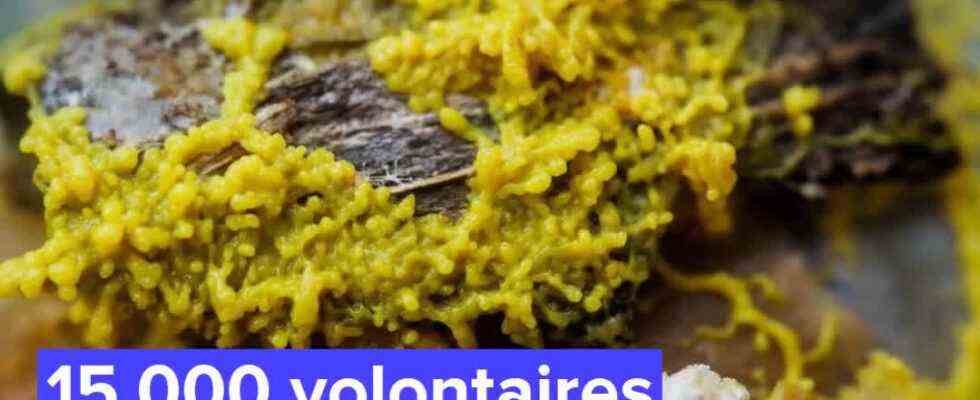They must have been 10,000. But given the enthusiasm, CNRS decided to give the possibility to 5,000 more volunteers to participate in a participatory science experiment around the blob. From March 28, these inhabitants of all of France, but also of Japan or Canada, will receive their blob in their mailbox. The inhabitants of Haute-Garonne can pick it up this Saturday at Quay of Knowledgein Toulouse where an exhibition will reveal everything about this unicellular organism.
They will then have two months from April 7 to wake him up and then take care of him daily. For five days, for those who have chosen to follow the protocol once, and up to four times more for those who have signed up. With a common objective: to know what impact temperature changes, and therefore global warming, can have on the Physarum polycephalum.
“It is a unifying theme that affects all living beings. It is also a means of introducing people to the scientific process. We read a lot about science, but we know little about how it is done,” explains Audrey Dussutour, CNRS researcher, international blob specialist and coordinator of this experiment.
In nursing homes and even in prison
From 8 to 90 years old, with family, in Ehpad, in prison, at school or even at work, these volunteers will feed him, expose him to heat, do bibliographical research. But also split it in two, I promise, without hurting it. At the end, 288,000 blobs will have integrated this experience and nearly a million photos will have been taken. It remains to analyze them, then to write the publication in which the results will appear. And here again, the volunteers will have (a little) their say.

